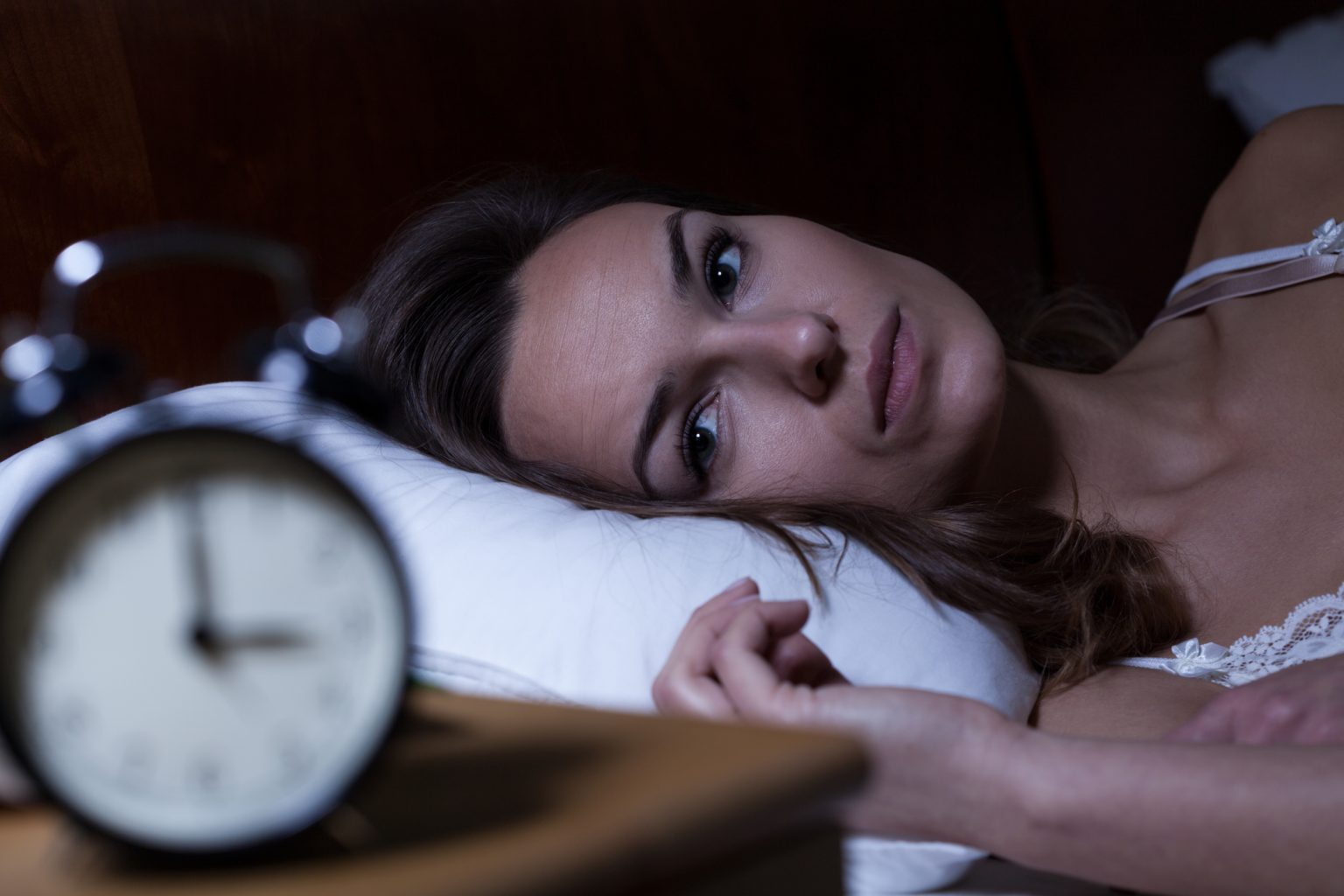Sleep is crucial for our mental and physical wellbeing, yet one in three adults in the U.S. report not getting enough of it. Short term consequences of sleep deprivation include issues with attention span, judgment, emotions, and cognitive function, while chronic sleep deprivation can lead to more serious health problems such as heart disease, obesity, neurodegenerative disorders, and depression. While the simple advice might be to go to bed earlier, many people struggle with insomnia, with about 30 million Americans living with this condition. However, a new study from the University of Montréal suggests that even individuals who feel like they spend half the night tossing and turning might actually be getting more sleep than they think.
In the study conducted by researchers at the University of Montréal, the focus was on analyzing how individuals perceive their own sleep quality based on their dreams. Dreams are not often studied in the context of sleep quality, as the emphasis is usually on objective measures like brain activity or sleep stage. However, the researchers woke each participant 12 times during the night to determine whether they were awake or asleep, how deeply they were sleeping, what was on their minds, and how immersed they were in their dreams. Surprisingly, participants often reported being awake when they were actually asleep, particularly during the early, dreamless phases of the sleep cycle. This finding could provide reassurance to individuals suffering from insomnia, as it shows that feelings of wakefulness during sleep may not be accurate.
The leader of the study, Claudia Picard-Deland, who has experienced insomnia throughout her life, noted the importance of this research in providing insight into the perception of sleep quality. The team hopes that their findings will contribute to developing strategies for sleep rehabilitation and dream training to improve perceived sleep quality. The results of the study will be presented at the annual meeting of the Cognitive Neuroscience Society in Toronto. If you have health concerns, you can reach out to Newsweek via email for expert advice and possibly have your story featured.
Newsweek is dedicated to challenging conventional wisdom and seeking connections in the quest for common ground. By shedding light on the disconnect between perceived sleep quality and actual sleep patterns, the study from the University of Montréal presents a new perspective on the issue of insomnia. Understanding how individuals may inaccurately perceive their sleep can help in developing more effective interventions and treatments for sleep disorders. This research highlights the importance of analyzing dreams in the context of sleep quality and its potential impact on overall wellbeing.


